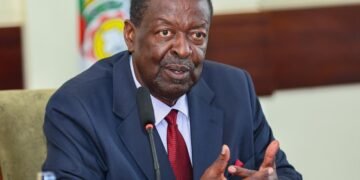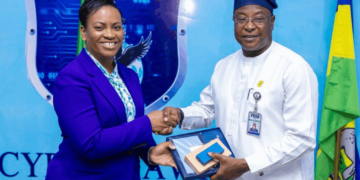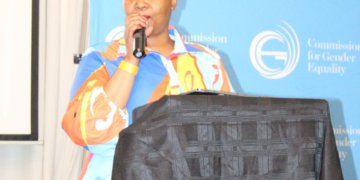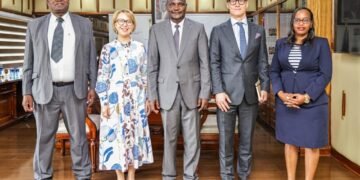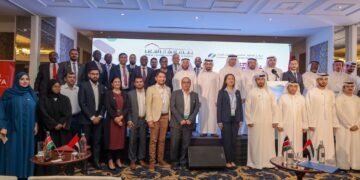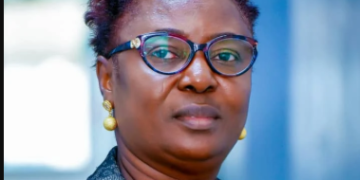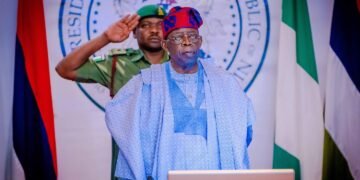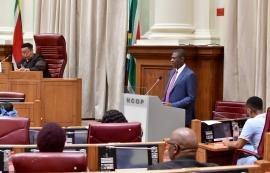Deputy President Paul Mashatile says the government is working with various departments and stakeholders to help the eThekwini Metropolitan Municipality to address its challenges.
“I am aware that the Minister of CoGTA [Cooperative Governance and Traditional Affairs (CoGTA] and the Premier of KwaZulu-Natal are working with various provincial and national sector departments such as the National Treasury, Water and Sanitation, to assist the eThekwini Metropolitan Municipality to address its challenges such as the recent flooding disasters, and the looting which took place during the July 2021 [unrest].”
The Deputy President was replying to a question about actions to be taken regarding the refusal by the eThekwini Metropolitan Municipality to cooperate with Section 154 invoked by the KwaZulu-Natal provincial government.
The country’s second in charge was speaking in Parliament on Thursday where he was answering oral questions in the National Council of Provinces (NCOP) on a range of issues.
Former Director-General, Cassius Lubisi, has been roped in to lead a group of senior technocrats to help turn around the embattled municipality to prevent its placement under administration.
“I am unaware that eThekwini Metropolitan Municipality has refused to cooperate with the proposed implementation of Section 154 intervention as outlined in the Constitution,” he added.
Deputy President Mashatile said the collaboration aims to support and strengthen the municipality, particularly damaged water and electricity infrastructure.
“This is because, as per Section 154 (1) of the Constitution, national and provincial governments must bolster the capabilities of municipalities in managing their affairs and carrying out their functions.
“Section 154 of the Constitution is important as it serves as a constitutional mechanism that effectively bolsters and fortifies the capacity of cities.”
Deputy President Mashatile said this move will enable the national and provincial governments to support and strengthen municipalities to fulfil their responsibilities to provide quality services to the people.
Crime
Shifting his focus to crime, he told Members of Parliament that government is taking additional measures to ensure public safety in cross-border communities, townships and informal settlements.
This, according to the Deputy President, will be achieved through increasing the number of police officers on the streets and creating specialised teams that will focus on specific types of crime.
He noted that the South African Police Service (SAPS) has committed to recruiting 12 000 new police personnel, of which over 10 000 recruits have already graduated from police academies.
“As a government, we are determined to tackle the issue of violent crime and other forms of criminal activity.
“We are actively pursuing national, provincial, and local measures to prevent crime and ensure that all individuals in our country feel safe and secure. We believe that by working together as government, civil society and the private sector, we can make meaningful progress in creating safer communities.”
In addition, he touched on the Border Management Authority Act, which paved the way for the establishment of the Border Management Authority (BMA).
The BMA is mandated by legislation to facilitate and manage the legitimate movement of people within the border law enforcement area and at ports of entry.
In addition, it facilitates and manages the legitimate movement of goods within the border law enforcement area and at ports of entry.
According to the Deputy President, it also cooperates and coordinates its border law enforcement functions with other organs of state, border communities or any other persons.
He said the BMA has intercepted thousands of people attempting to enter the country illegally and recovered numerous stolen items.



